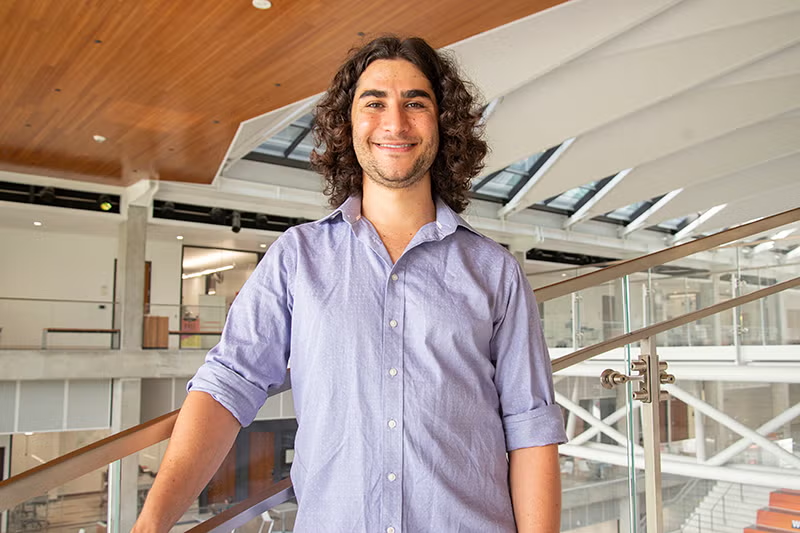Upcoming Event: Oden Institute Seminar
Jon Tamir, UT Austin - Department of Electrical and Computer Engineering
3:30 – 5PM
Thursday Nov 6, 2025
POB 6.304 and Zoom
Recently, deep generative models have been used to build powerful data-driven reconstruction methods for imaging systems, and in particular have led to reduced scan times in magnetic resonance imaging (MRI). Our framework, called Deep Generative Physical Modeling, uses a diffusion probabilistic generative model as a statistical prior on the image together with a measurement model for the imaging device to perform approximate posterior sampling. By explicitly decoupling these models, image reconstruction is theoretically robust to measurement and data distribution perturbations when the forward model is exactly specified. In this talk, we consider the blind inverse problem setting, in which the forward model is not fully specified. We extend our Deep Generative Physical Modeling framework to additionally solve for unknown parameters in the forward model, and we show how this approach can estimate and compensate for unknown patient motion during the MRI scan. Next, we consider the case where the forward model is unknown but exhibits low-dimensional structure (e.g. shift invariance), and we develop an algorithm for learning a statistical prior of the forward model with access only to unpaired examples of images and measurements. We apply the approach to blind deblurring and to MRI reconstruction with magnetic field inhomogeneity.
Jon Tamir is an Assistant Professor in the Chandra Family Department of Electrical and Computer Engineering at UT Austin with Affiliate appointments in the Oden Institute for Computational Engineering and Sciences and the Dell Medical School Department of Diagnostic Medicine. He received his PhD from UC Berkeley. His research focus spans computational medical imaging, signal processing, and machine learning, with specific emphasis on magnetic resonance imaging. He is a recipient of the Amazon, Google, and Oracle research scholar awards, the NSF CAREER award, and the Oden Moncrief Grand Challenge award. He is the co-lead of the AI in Health thrust in the UT Austin Center for Generative AI.
